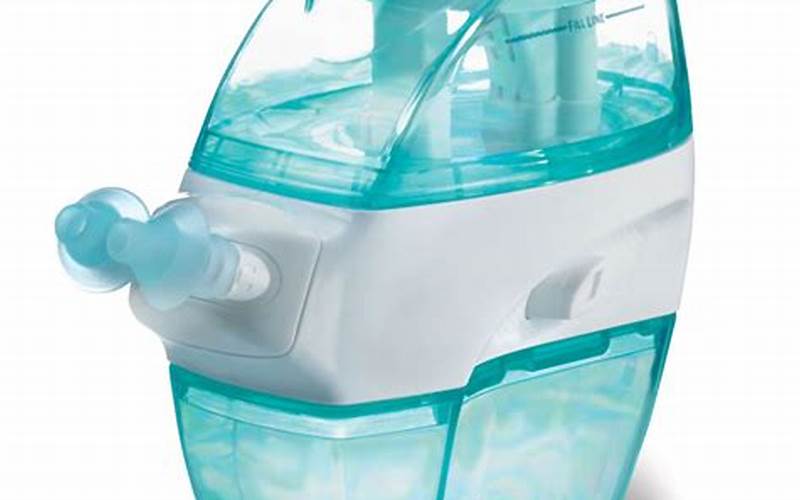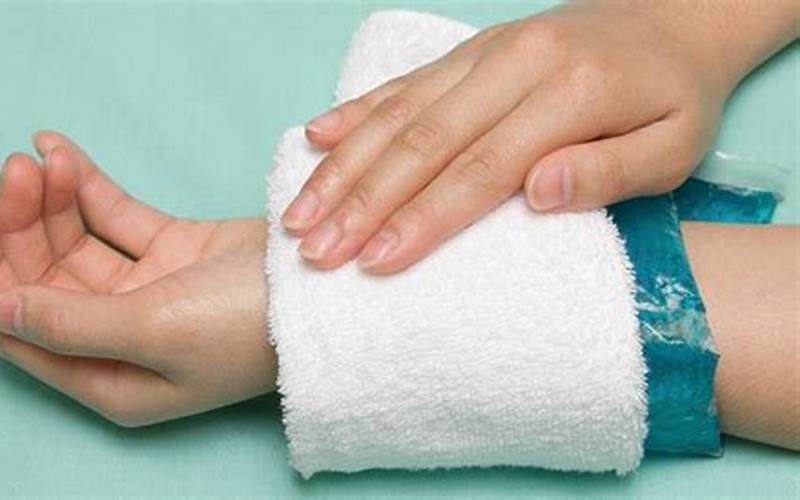Understanding Nasal Drip
 Source: tse1.mm.bing.net
Source: tse1.mm.bing.netNasal drip, also known as post-nasal drip, is a common condition that occurs when excess mucus drips down the back of the throat. It can be caused by various factors, including allergies, colds, sinus infections, and certain medications. Nasal drip can cause discomfort and lead to symptoms such as a sore throat, coughing, and a stuffy or runny nose. If you're experiencing nasal drip, finding the right medicine can help alleviate your symptoms and provide much-needed relief.
Over-the-Counter Nasal Drip Medicines
 Source: tse1.mm.bing.net
Source: tse1.mm.bing.netWhen it comes to over-the-counter (OTC) medicines for nasal drip, there are several options available. These medicines are designed to reduce mucus production, relieve congestion, and soothe irritated nasal passages. Here are some of the best OTC nasal drip medicines you can consider:
1. Antihistamines
 Source: tse1.mm.bing.net
Source: tse1.mm.bing.netAntihistamines are commonly used to treat allergies, but they can also help relieve nasal drip caused by allergens. These medications work by blocking the release of histamines, which are responsible for allergy symptoms. Some popular antihistamines available over-the-counter include cetirizine, loratadine, and fexofenadine. They can help reduce mucus production and alleviate symptoms like a runny nose and sneezing.
2. Decongestants
 Source: tse1.mm.bing.net
Source: tse1.mm.bing.netDecongestants work by narrowing the blood vessels in the nasal passages, which helps reduce swelling and congestion. They can provide temporary relief from nasal drip symptoms and improve breathing. You can find decongestants in nasal spray or oral tablet form. However, it's important to note that decongestant nasal sprays should not be used for more than a few days, as they can cause rebound congestion.
3. Expectorants
 Source: tse1.mm.bing.net
Source: tse1.mm.bing.netExpectorants are medications that help thin and loosen mucus in the respiratory tract, making it easier to cough up and remove. They can be beneficial for nasal drip accompanied by a persistent cough. Guaifenesin is a common expectorant available over-the-counter. It's important to stay hydrated when taking expectorants to ensure optimal effectiveness.
4. Saline Nasal Sprays
 Source: tse1.mm.bing.net
Source: tse1.mm.bing.netSaline nasal sprays contain a saltwater solution that helps moisturize the nasal passages and flush out mucus. They can provide relief from nasal drip symptoms by keeping the nasal passages hydrated and reducing irritation. Saline nasal sprays are safe for long-term use and can be used multiple times throughout the day.
5. Nasal Irrigation
 Source: tse1.mm.bing.net
Source: tse1.mm.bing.netNasal irrigation involves flushing out the nasal passages with a saline solution using a neti pot or a nasal rinse bottle. This process helps remove excess mucus and irritants, providing relief from nasal drip symptoms. Nasal irrigation can be done using pre-packaged saline solutions or homemade saline solutions made with distilled water and salt.
Prescription Nasal Drip Medicines
 Source: tse1.mm.bing.net
Source: tse1.mm.bing.netIf over-the-counter medicines don't provide sufficient relief for your nasal drip symptoms, you may need to consult a healthcare professional for prescription medications. Here are some prescription nasal drip medicines that your doctor may consider:
1. Nasal Steroids
 Source: tse1.mm.bing.net
Source: tse1.mm.bing.netNasal steroids are anti-inflammatory medications that can help reduce nasal congestion, inflammation, and mucus production. They are available as nasal sprays and are often prescribed for allergic rhinitis and chronic sinusitis. Some common nasal steroids include fluticasone, mometasone, and budesonide. It's important to use nasal steroids as directed by your doctor to achieve optimal results.
2. Anticholinergic Nasal Sprays
 Source: tse1.mm.bing.net
Source: tse1.mm.bing.netAnticholinergic nasal sprays are prescription medications that work by reducing mucus production in the nasal passages. They can provide relief for nasal drip caused by chronic rhinitis or non-allergic rhinitis. Ipratropium bromide is one example of an anticholinergic nasal spray that your doctor may prescribe.
3. Antibiotics
 Source: tse1.mm.bing.net
Source: tse1.mm.bing.netIf your nasal drip is caused by a bacterial infection, your doctor may prescribe antibiotics to treat the underlying infection. Antibiotics are only effective against bacterial infections and should not be used for viral or allergic causes of nasal drip. It's important to complete the full course of antibiotics as prescribed by your doctor to ensure the infection is properly treated.
Home Remedies for Nasal Drip
 Source: tse1.mm.bing.net
Source: tse1.mm.bing.netIn addition to medications, there are several home remedies you can try to alleviate nasal drip symptoms. These remedies can help soothe your throat, reduce mucus production, and provide temporary relief. Here are some home remedies you can consider:
1. Stay Hydrated
 Source: tse1.mm.bing.net
Source: tse1.mm.bing.netDrinking plenty of fluids, such as water, herbal tea, and clear broths, can help thin mucus and prevent dehydration. Staying hydrated can also help soothe your throat and reduce nasal drip symptoms.
2. Use a Humidifier
 Source: tse1.mm.bing.net
Source: tse1.mm.bing.netAdding moisture to the air with a humidifier can help keep your nasal passages hydrated, reducing irritation and mucus production. Make sure to clean your humidifier regularly to prevent the growth of bacteria or mold.
3. Elevate Your Head
 Source: tse1.mm.bing.net
Source: tse1.mm.bing.netSleeping with your head elevated can help prevent mucus from pooling in the back of your throat, reducing coughing and throat irritation. You can achieve elevation by using an extra pillow or raising the head of your bed.
4. Avoid Triggers
 Source: tse1.mm.bing.net
Source: tse1.mm.bing.netIdentifying and avoiding triggers that worsen your nasal drip symptoms can help prevent flare-ups. Common triggers include smoke, strong odors, allergens, and certain foods. Keeping a diary can help you identify potential triggers and make necessary lifestyle changes.
5. Warm Compress
 Source: tse1.mm.bing.net
Source: tse1.mm.bing.netApplying a warm compress to your face can help alleviate nasal congestion and soothe irritated nasal passages. Simply soak a clean washcloth in warm water, wring out the excess, and place it over your face for a few minutes.
Conclusion
If you're experiencing nasal drip, finding the right medicine can make a significant difference in relieving your symptoms. Over-the-counter options like antihistamines, decongestants, expectorants, saline nasal sprays, and nasal irrigation can provide relief. If these options don't work, prescription medications like nasal steroids, anticholinergic nasal sprays, or antibiotics may be necessary. Additionally, home remedies such as staying hydrated, using a humidifier, elevating your head, avoiding triggers, and using warm compresses can complement medical treatments. Consult with a healthcare professional to determine the best nasal drip medicine for your specific condition.
Post a Comment for "Best Nasal Drip Medicine: Find Relief for Your Symptoms"